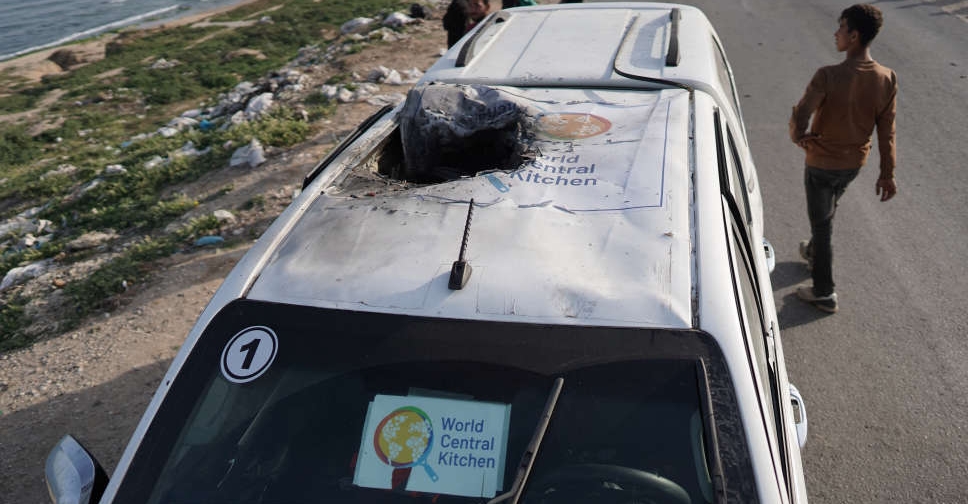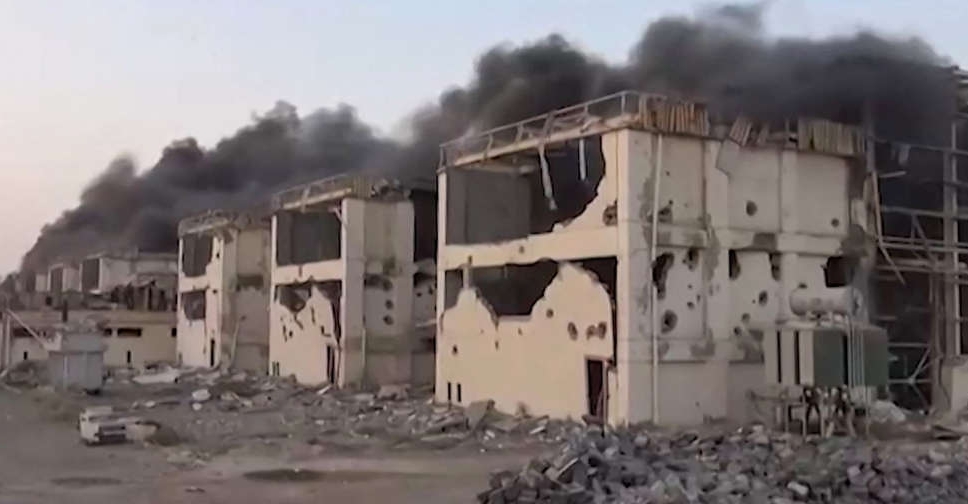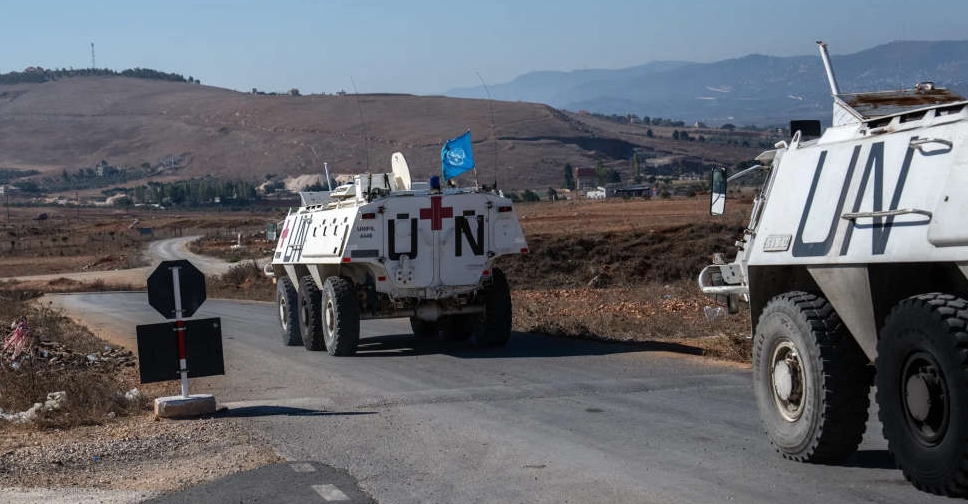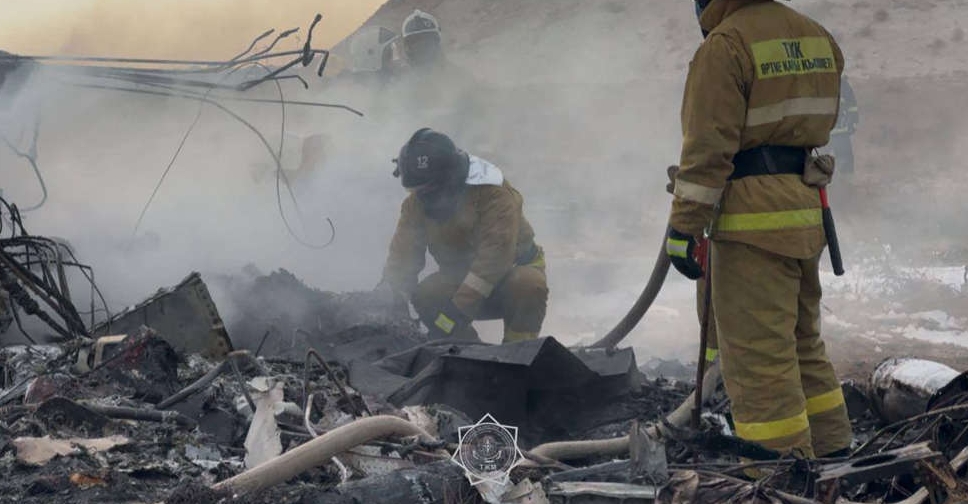
An Israeli inquiry into the killing of seven aid workers in an air strike in Gaza this week found serious errors and breaches of procedure by the military, with the result that two officers have been dismissed and senior commanders formally reprimanded.
The inquiry found Israeli forces mistakenly believed they were attacking Hamas gunmen when drone strikes hit the three vehicles of the World Central Kitchen aid group, but that standard procedures had been violated.
"The strike on the aid vehicles is a grave mistake stemming from a serious failure due to a mistaken identification, errors in decision-making, and an attack contrary to the Standard Operating Procedures," the military said in a statement issued on Friday.
It said it had dismissed a brigade chief of staff with the rank of colonel and a brigade fire support officer with the rank of major, and issued formal reprimands to senior officers including the general at the head of the Southern Command.
The killing of the seven aid workers, who included citizens of Britain, Australia and Poland, a dual US Canadian national and a Palestinian colleague, triggered global outrage this week.
World Central Kitchen has demand the creation of an independent commission to investigate.
The aid charity said, in a statement, "The IDF cannot credibly investigate its own failure in Gaza."
Meanwhile The UN Human Rights Office said on Friday that attacks against people involved in humanitarian assistance may amount to war crimes.
UN Human Rights Office spokesperson Jeremy Laurence said, "as the High Commissioner has repeatedly stated, impunity must end."
"The Israeli airstrikes that killed World Central Kitchen personnel underline the horrific conditions under which humanitarian workers are operating in Gaza.
"International law requires all parties to respect and protect humanitarian relief personnel and ensure their safety, security, and freedom of movement."
He said the suspension of aid delivery and distribution by NGOs including World Central Kitchen in the wake of the killings increased the "already real risk of more deaths from famine and disease at larger scale".


 Israel strikes Yemen airport as WHO chief boards plane
Israel strikes Yemen airport as WHO chief boards plane
 Syria's new rulers declare crackdown as tensions flare in coastal area
Syria's new rulers declare crackdown as tensions flare in coastal area
 UNIFIL urges timely Israeli pullout from south Lebanon under truce deal
UNIFIL urges timely Israeli pullout from south Lebanon under truce deal
 Manmohan Singh, India's reluctant prime minister, dies aged 92
Manmohan Singh, India's reluctant prime minister, dies aged 92
 Russian air defence downed Azerbaijan Airlines plane: Sources
Russian air defence downed Azerbaijan Airlines plane: Sources







